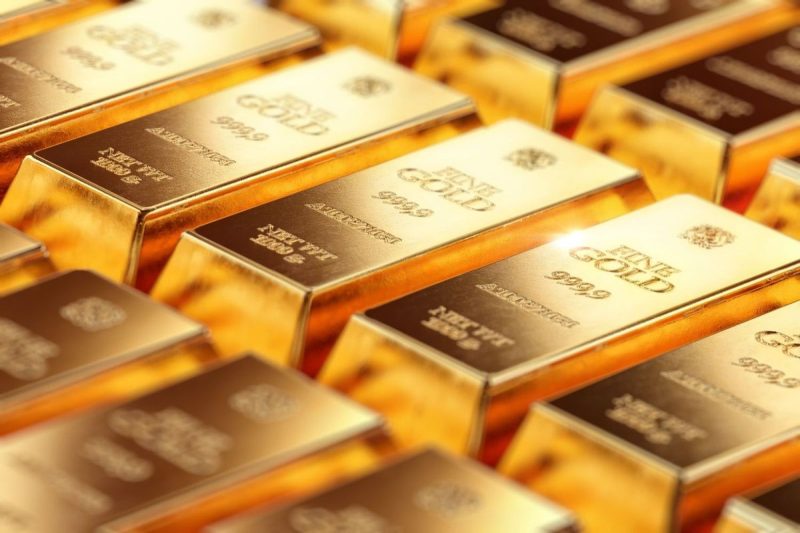Gold has long been considered a symbol of wealth and prosperity, and countries around the world strive to maintain significant reserves of this precious metal. As global economic uncertainties persist, gold reserves play a crucial role in providing stability and security to countries’ economies. In this article, we will explore the top 10 countries with the largest gold reserves, based on data from the World Gold Council.
1. **United States**: The United States holds the title for the largest gold reserves in the world. With over 8,000 metric tons of gold, the US gold holdings amount to approximately 78% of its total foreign reserves, making it a formidable player in the global gold market.
2. **Germany**: Germany boasts the second-highest gold reserves globally, with holdings of around 3,370 metric tons. The country’s gold reserves are not only a symbol of financial strength but also serve as a form of insurance against economic uncertainties.
3. **Italy**: Italy holds the third spot on the list of countries with the largest gold reserves. With approximately 2,450 metric tons of gold, Italy’s reserves provide a sense of economic security and stability amidst market fluctuations.
4. **France**: France is another major player in the global gold market, with gold reserves totaling around 2,436 metric tons. The country’s substantial gold holdings serve as a strategic asset that bolsters its economic standing.
5. **Russia**: Russia has been steadily increasing its gold reserves in recent years and currently holds around 2,295 metric tons of gold. The country’s focus on bolstering its gold reserves is seen as a strategic move to diversify its assets and reduce dependence on other currencies.
6. **China**: China’s gold reserves have been on the rise, with holdings totaling approximately 1,948 metric tons. As the world’s largest gold producer, China’s efforts to increase its gold reserves reflect its long-term economic strategy and desire for financial stability.
7. **Switzerland**: Switzerland is renowned for its strong tradition of banking and financial stability, with gold reserves of around 1,040 metric tons. The country’s sizable gold holdings are a cornerstone of its economic policy and play a crucial role in maintaining its reputation as a global financial hub.
8. **Japan**: Japan holds significant gold reserves of approximately 765 metric tons, which contribute to the country’s economic stability and resilience. In times of economic uncertainty, gold serves as a valuable asset that helps safeguard Japan’s financial interests.
9. **India**: India’s gold reserves stand at around 695 metric tons, reflecting the country’s deep cultural affinity for gold as a symbol of wealth and prosperity. India’s gold holdings play a pivotal role in diversifying its foreign reserves and strengthening its economic position.
10. **Netherlands**: Rounding out the list of the top 10 countries with the largest gold reserves is the Netherlands, with holdings of around 612 metric tons. The country’s gold reserves are integral to its economic policies and help ensure stability in times of market turbulence.
In conclusion, gold reserves continue to play a vital role in shaping countries’ economic policies and safeguarding their financial interests. With the global economic landscape evolving rapidly, gold remains a valuable asset that provides stability, security, and a sense of confidence to nations around the world.
